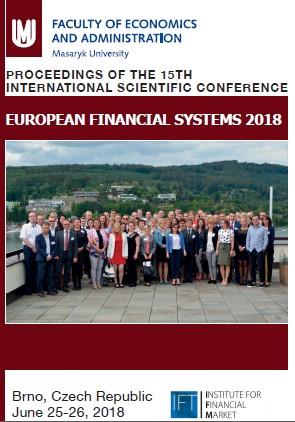How the Changes in Exchange Rate Affect the Turkish Economic Growth under Inflation Targeting Regime?
How the Changes in Exchange Rate Affect the Turkish Economic Growth under Inflation Targeting Regime?
Author(s): Özcan Karahan
Subject(s): National Economy, Supranational / Global Economy, Methodology and research technology, Economic development
Published by: Masarykova univerzita nakladatelství
Keywords: exchange rate; economic growth; Time-Series Model;
Summary/Abstract: In the literature, the conventional view argues that there is a positive relationship between exchange rate and economic growth since an increase in exchange rate stimulates the volume of net exports. However, Structuralist Economists show that there may be an inverse relationship between exchange rate and economic growth. Particularly in developing countries, the input structure of production depends on the imported capital and intermediate goods, so an increase in the exchange rate negatively affects the economic growth by making imported production inputs more expensive. Turkey, leaving exchange rates free to fluctuate, have adopted Inflation Targeting (IT) as a monetary regime since 2001 and thus exhibited a genuine experience to be analysed the role of exchange rate in economic growth. Accordingly, using quarterly data from 2002 to 2017 and employing Johansen cointegration and Granger causality tests, the nexus between exchange rate and economic growth has been investigated in this study. Empirical findings indicate that, as argued by Structuralist Economists, there is a negative causal relationship from exchange rates to economic growth. From the policy perspective, it can be concluded that monetary policy applications in Turkey should provide both price and exchange rate stability together under inflation targeting regime.
Book: European Financial Systems 2018 - Proceedings of the 15th International Scientific Conference
- Page Range: 235-242
- Page Count: 8
- Publication Year: 2018
- Language: English
- Content File-PDF

